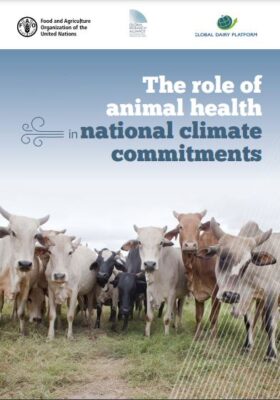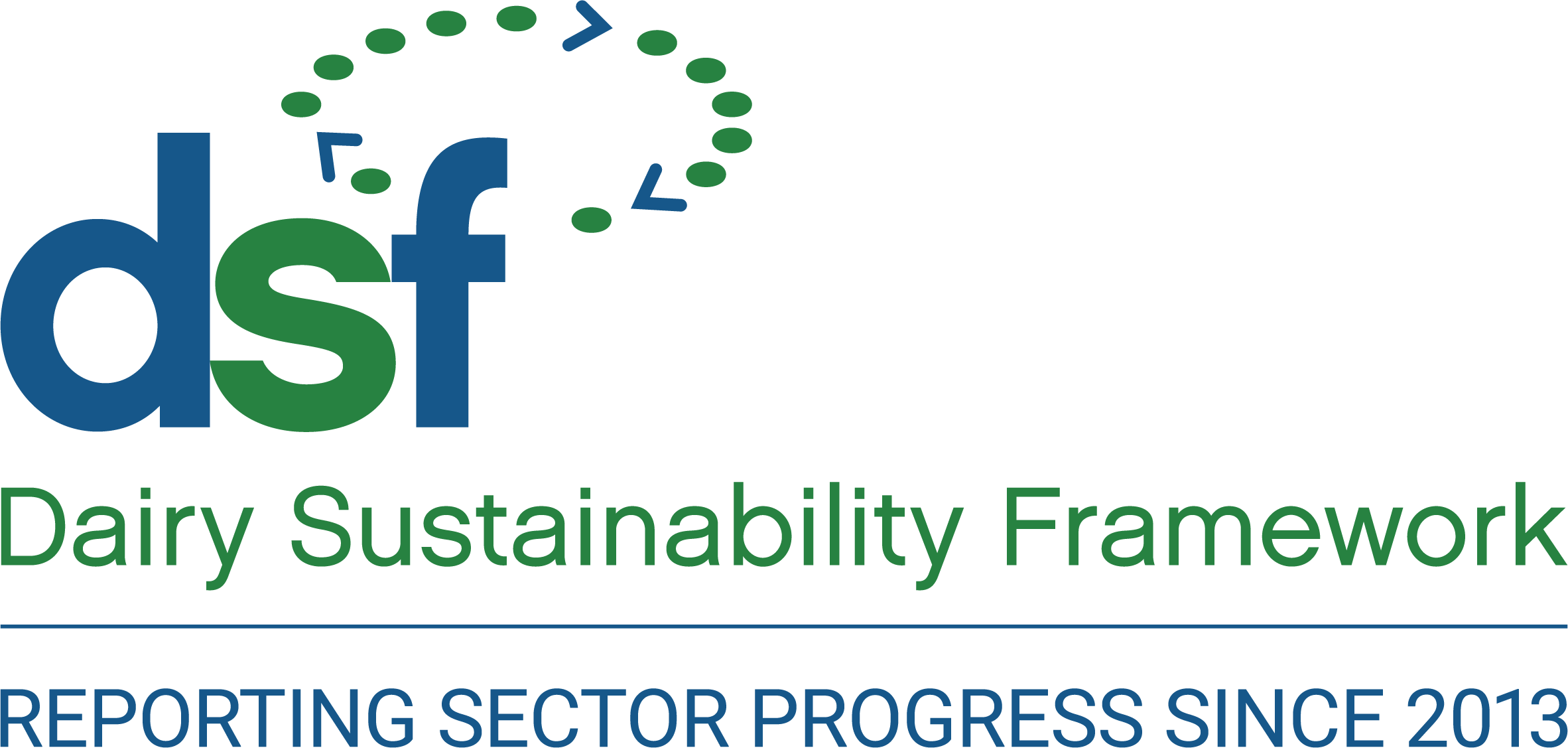Improving animal health can help cut GHG emissions
Improving animal health can help cut GHG emissions
 A new report , “The role of animal health in national climate commitments” has been produced by the Food and Agriculture Organization (FAO) of the United Nations, in collaboration with the Global Dairy Platform (GDP) and the Global Research Alliance on Agricultural Greenhouse Gases (GRA) and with the financial support of the New Zealand Government. It demonstrates how countries can develop a measuring, reporting and verification (MRV) system at national level to be able to include animal health improvements in national climate commitments.
A new report , “The role of animal health in national climate commitments” has been produced by the Food and Agriculture Organization (FAO) of the United Nations, in collaboration with the Global Dairy Platform (GDP) and the Global Research Alliance on Agricultural Greenhouse Gases (GRA) and with the financial support of the New Zealand Government. It demonstrates how countries can develop a measuring, reporting and verification (MRV) system at national level to be able to include animal health improvements in national climate commitments.
Globally, the impacts of animal health conditions on GHG emissions are significant as they affect mortality, morbidity and productivity. Mitigation packages that include animal health interventions can significantly reduce emissions, and yet there are challenges in terms of MRV systems. There is currently no standardized way of including improved animal health in the commonly used approaches for developing (GHG) national inventories or nationally determined contributions (NDCs). It also transpires that the mitigation co-benefits of using animal health as an adaptation measure are not always explicit in the NDC commitments.
Here is an opportunity for livestock sectors to collaborate with their governments in demonstrating how livestock can contribute as part of the solution to climate change,
